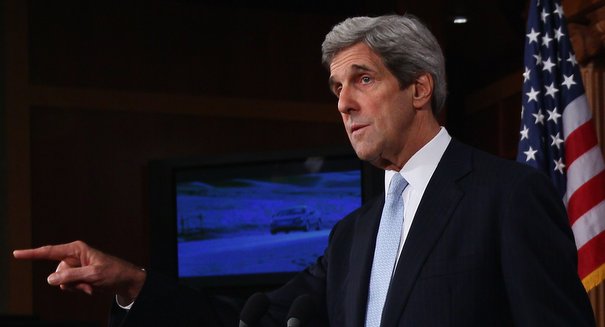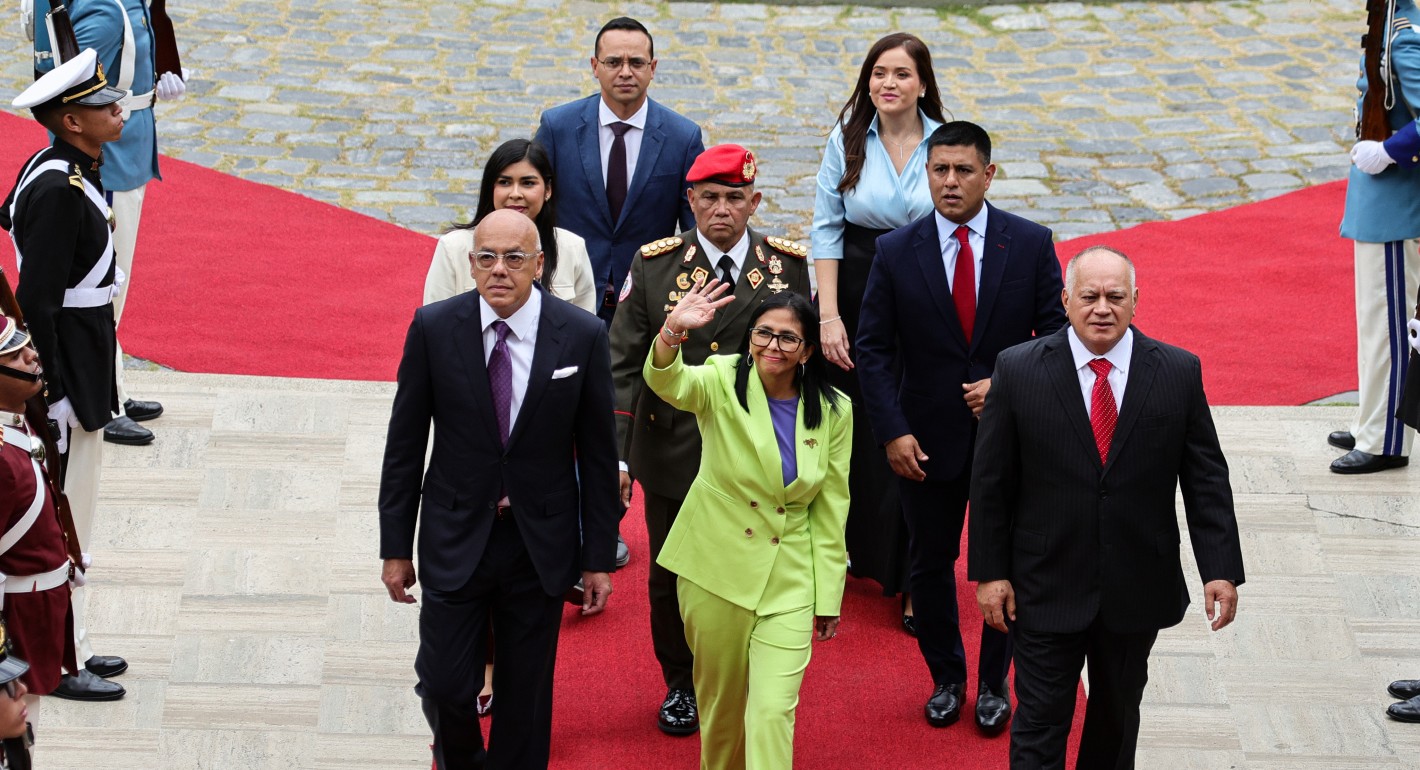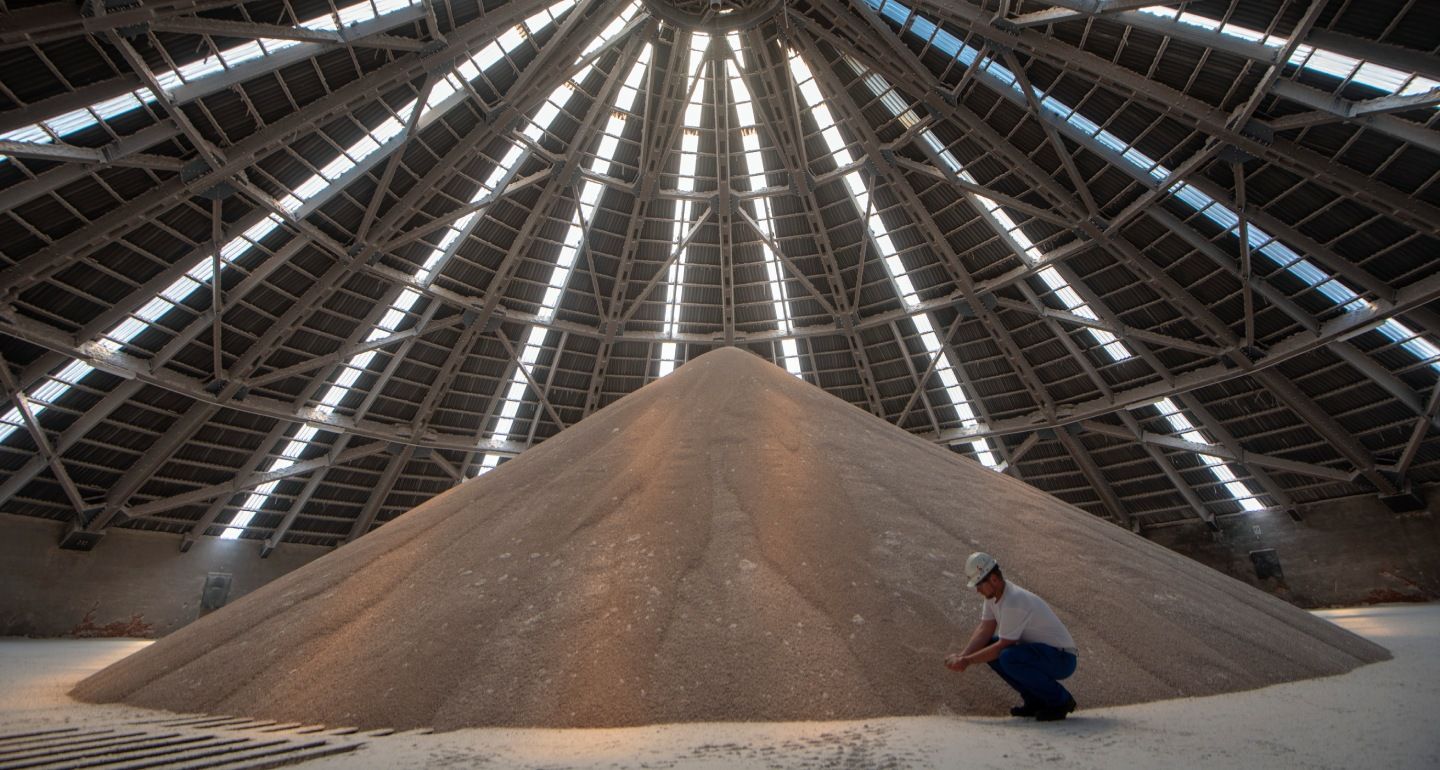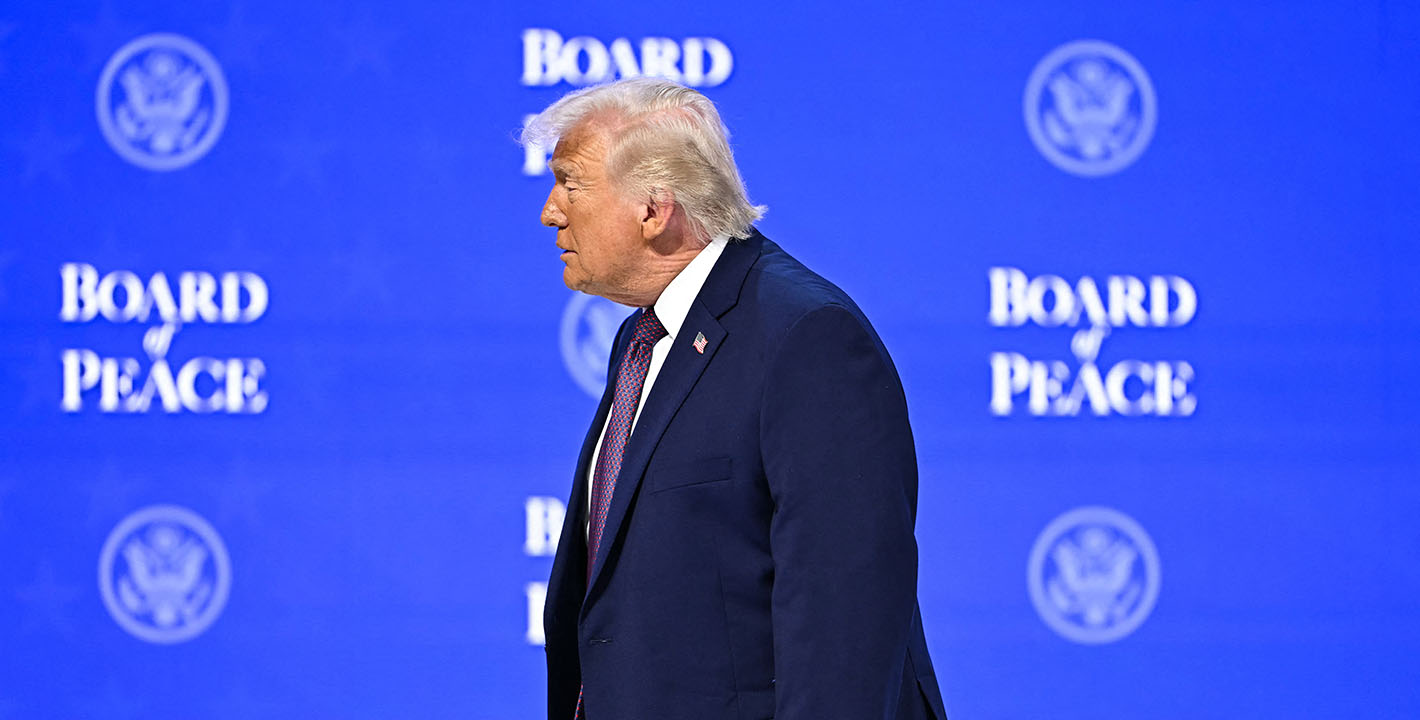Source: Foreign Policy
As John Kerry launches his maiden tour of world capitals as secretary of state, foreign leaders are looking for signs as to how Obama administration foreign policy is likely to change during the president’s second term. The short answer is: They should look in the mirror. If Obama’s foreign policy changes at all, it will be because the situations commanding America’s attention internationally have shifted in some material way.
In fact, because the world is likely to undergo important shifts in the months ahead, the real questions about what will change ought to be coming from the Obama team itself. The members of Obama’s brain trust ought to be asking how they need to adapt to the global situation they are likely to face over the next four years. Staying the course or simply trying to reduce America’s overseas exposure due to recent wars and missteps won’t be adequate.
Kerry has already given some clues to the kind of secretary of state he will be. His first speech suggested that at least for a while, the United States’ new top diplomat would sound rather like the former chairman of the Senate Foreign Relations Committee. That speech was very much directed to a domestic audience. For the public at large, it made the case that diplomacy was relevant. For Washington, it made the case that it needed to be funded. For the world, it didn’t really suggest a new vision.
There is a reason for this. The primary foreign-policy maker in this administration remains the president. The primary location for the shaping of major policy decisions remains the White House and the National Security Staff. Of the most influential foreign-policy makers in this administration, most of the important ones are remaining right where they were: in the White House. That includes not only the president but also Vice President Joe Biden, National Security Advisor Tom Donilon, and Donilon’s former deputy and now Chief of Staff Denis McDonough. McDonough’s replacement, Tony Blinken, didn’t have to carry his boxes very far either as he already was the VP’s national security advisor in the last term. So continuity should be expected.
You wouldn’t know it from all the handwringing on Capitol Hill or media navel-gazing about cabinet choices, but neither Kerry nor his eventual counterpart at the Pentagon is likely to change very much at all about the administration’s international agenda. This is true to some degree because, as just noted, the policymaker-in-chief remains the same guy supported by the same team in the same place. But it is also true because the important drivers of that agenda are beyond the control of the top guys in Foggy Bottom or at the Pentagon.
The most important of these external drivers is what’s actually happening in the world. Fantasies about America pulling the strings for the planet aside, the reality is that most foreign policy is reactive (“Events, my dear boy, events.”). Next, there is the important and often overlooked reality that most U.S. foreign policy conforms to historical norms and patterns. Shifts from one administration to another are much less drastic than most in the press would have you believe—see, for instance, the striking similarities between George W. Bush and Barack Obama’s foreign policies with regard to drones, treatment of terrorists, getting out of Iraq, and many other issues. Indeed, it is worth noting that while March marks the 10th anniversary of going into Iraq, this month, February, marks the 20th anniversary of the first Gulf War: Every President since George H.W. Bush has had to manage military challenges associated with Iraq (and with Middle East-linked terrorism, for that matter).
Taking these factors into account, Kerry’s room to actually make big adjustments to U.S. foreign policy is very limited. To the extent that he does, it will really be at the margins. Which is not to say there are no hints of what those differences will be.
First, Kerry in his initial speech and in private discussions at the State Department has stressed the importance of climate and related issues like oceans. He has also underscored his intention to focus on the economic impact on Americans of successful foreign policy. Both were priorities of his predecessor Hillary Clinton, but Kerry has seemed to give them special prominence. He also, in going to Europe and the Middle East on this first trip, seems to be playing to his strengths, to areas to which he devoted special attention during his years on the Foreign Relations Committee (he even lived in Europe as the son of diplomat).
Some have sought to read something into his decision not to visit Israel on this trip to the Middle East. But he is going with the president in a few weeks. Besides, not only have the Israelis sent high-level visitors like their national security advisor to Washington to help negotiate the details of the president’s visit, but it also seems unlikely that the visit will really break new ground. The hope, rather, is to restore the U.S.-Israel relationship to a stable footing and lay the groundwork for initiatives in the months and years to come.
Instead of focusing on Israel, Kerry will on this trip hone in on other top priorities that demand immediate attention, from Syria to Egypt to Mali to Iran’s nuclear program and stability throughout the Middle East. The complications associated with whether the Syrian opposition would be appropriately represented at the planned meetings with Kerry in Rome on Thursday indicate just how fragile and worthy of his attention these issues are.
None of this is to say that Kerry’s role is somehow fully predetermined. Several factors are likely to give him the opportunity to rise up and tackle the kind of issues that have distinguished his more important, successful predecessors. One is that the world is likely to keep him running from crisis to crisis throughout his term in office. If, as seems likely, the Middle East, Africa, South Asia, China, and even East Asia are all the scenes of emerging, deepening or complicating crises, then no matter what the White House’s intentions or plans, then managing the situations that arise will demand Kerry personally play an active and central role in each of these areas.
For example, Kerry is likely to have to play an important ongoing role in managing the consequences of the fall of Bashar al-Assad. These will not only require helping to build an effective international coalition to assist with shaping, supporting, and influencing a successor regime, they may also require humanitarian action to help refugees or to stop the retaliatory slaughter of Alawites, widely seen as the backbone of the Assad regime. Further, as Syria decays, Iran and Hezbollah are likely to shift their arms and attentions elsewhere. If they send arms to Lebanon, for example, Israel will likely respond with force. This could have consequences in Gaza or the West Bank. Instability in Syria and a wounded Iran could have ripple effects in Iraq or make a deal over Iran’s nuclear program even trickier to handle. Egypt, too, is in a precarious place, as could be Jordan. Emergency, high-level, activist diplomacy may therefore be required of Kerry throughout his term—and his measure will be not necessarily the big, new foreign-policy vision he offers so much as his energy, capability, and creativity in dealing with managing these problems on a daily level. Think tactics, not strategy.
The same is true of a U.S.-China relationship likely to feel strains over the emerging “cool war” in cyber as well as around China-Japan tensions and economic issues. The same is true with regard to the saber rattling in North Korea or the military’s escalating tempo in Africa. And of course, some potential crises remain just below the surface— such as, to choose one example, the ones we might face if Pakistan is rocked by instability.
Finally, Kerry will also have several areas of opportunity. One, mentioned already, is to be a champion of raising climate as an American foreign policy and national security priority. Another might be building on initiatives to establish a U.S.-EU trade deal to revitalize the transatlantic relationship and find new ways to collaborate with our most important partners in the four years ahead.
Kerry will have to make scores more trips like the one on which he has embarked this week before we know whether he will be successful or not, a player in his own right or not, a gamechanger, or just a senior-level aide carrying out the president’s wishes. But one thing we can say for certain is that even if the White House is counting on continuity and playing the lead in setting foreign policy, the current and emerging global situation will not take a back seat. As it has been throughout history, the world will play as big a role as anyone in Washington in shaping the opportunities and challenges by which Kerry’s tenure will be measured.
This article was originally published by Foreign Policy.










